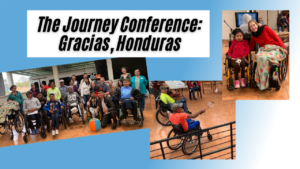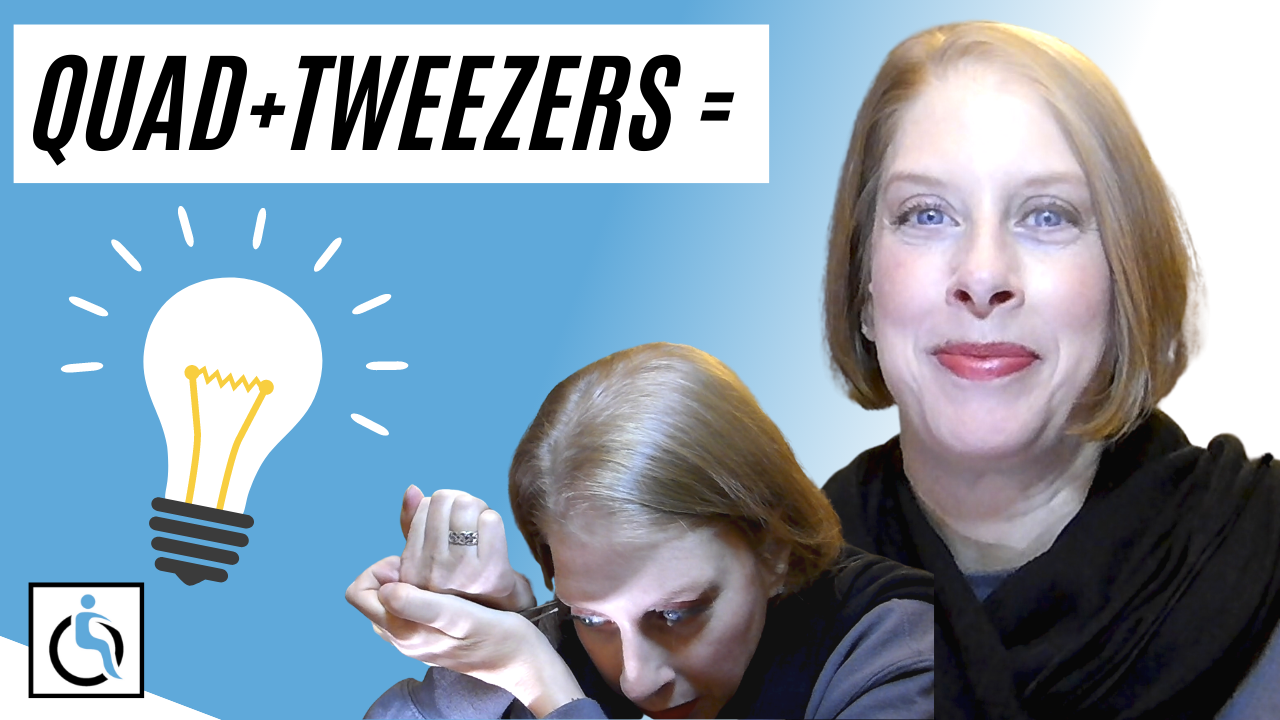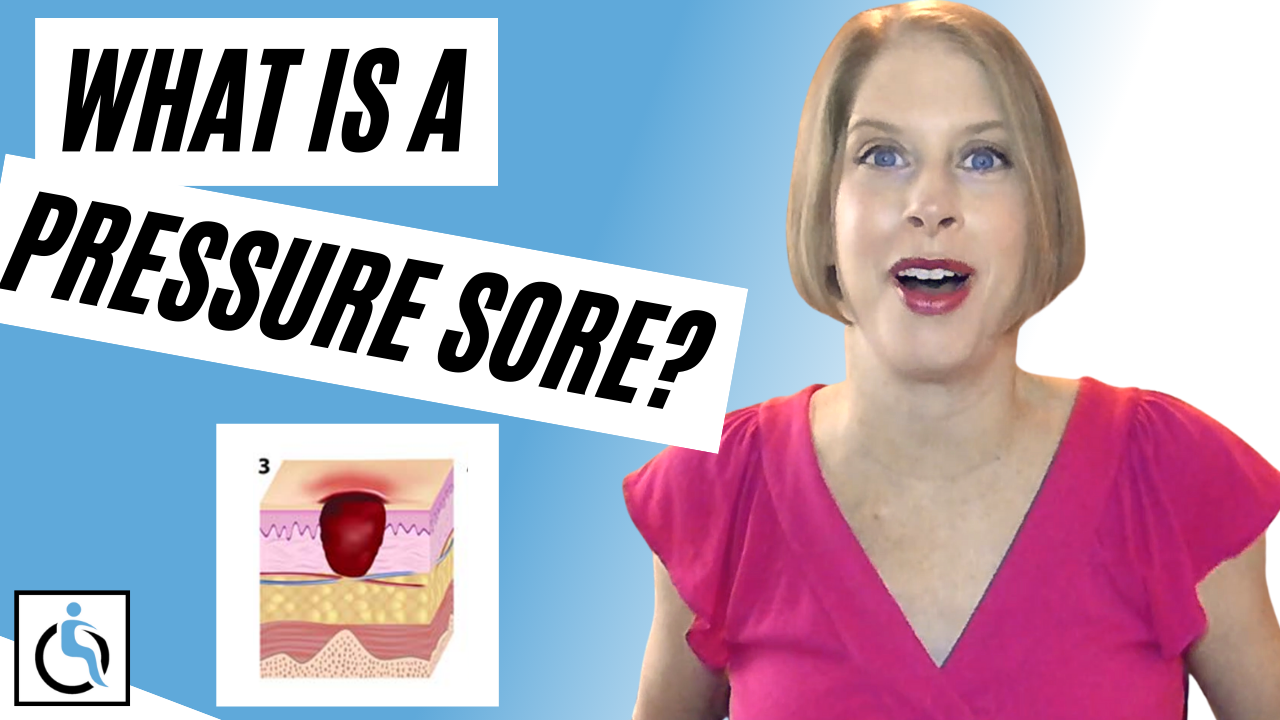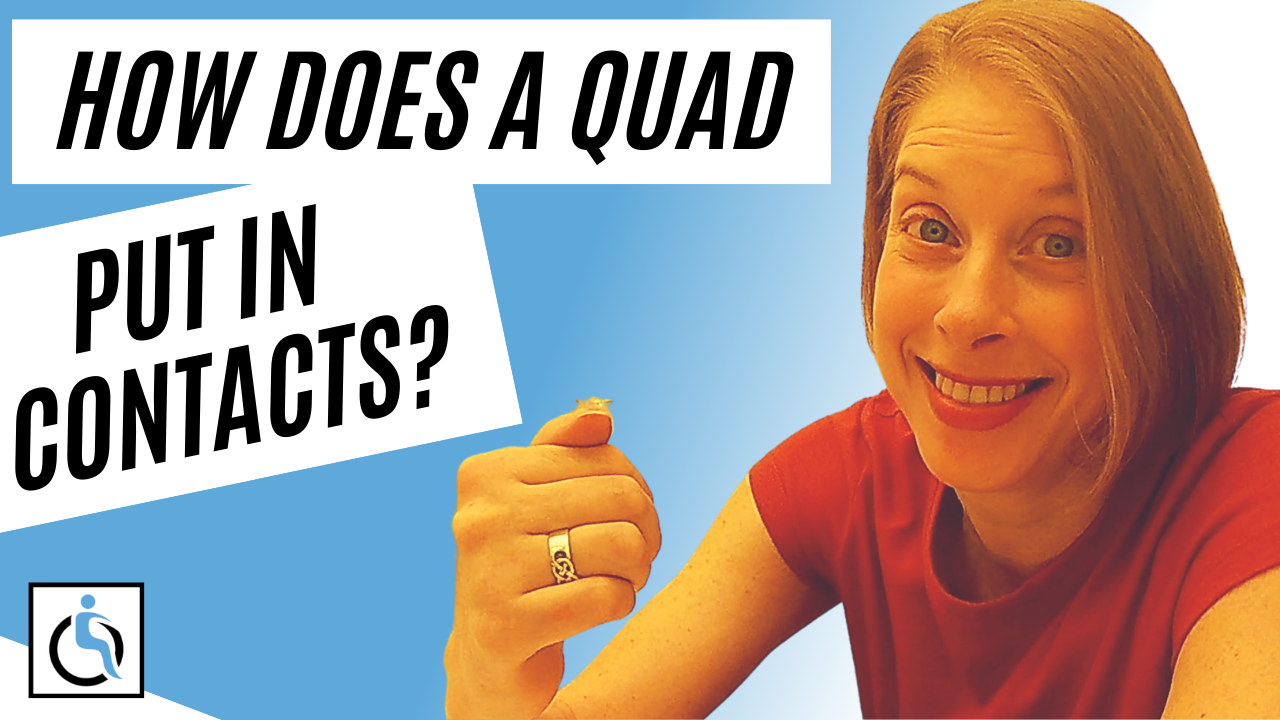No one will argue that people with disabilities should have equal access to medical care. After an appointment with a doctor left with me incorrect results due to the lack of access to proper testing, I’m wondering how many others experience the same situation. Why – 30 years after the U.S. passed the ADA – does the medical profession still lack equal access for wheelchair users? What are our rights under the ADA? What can we do about it?
My experience with equal access to medical care
I had been experiencing ringing in my right ear (tinnitus). My PCP wanted me to see an Ear, Nose, and Throat doctor to check things out.
On arrival at the office door, there was a knob – not a lever handle. I couldn’t turn the knob to get in the office. After fighting my way in, the first part of the appointment was a hearing exam. But there was a step up into the soundproof booth where the test was to take place. The audiologist apologized and set up a mobile device in a non-soundproofed room.
Unfortunately, the test showed hearing loss. Since hearing loss runs in my family, it caused me a bit of concern. I was having flashbacks to the difficulty of communicating with my Aunt Marie who was profoundly deaf by her 60s.
Thankfully, I have good health insurance and opted to return to a newly built office to repeat the hearing test. The new building has no-barrier testing booths. The audiologist opened up the door after I completed the exam and said, “The test was completely normal!” [Insert happy dance.] She explained that ambient noise can affect the outcome of hearing exams.
How many others have no access to medical care?
How many people do not have access to medical professionals with accessible facilities? Think about your dentist’s office, urologist, gynecologist, the scale your doctor or hospital uses, the equipment used in eye exams, the height of exam tables, mammogram machines.
Each of these services is required by the ADA to be accessible for those of us with disabilities. But very few places offer lifts or sliding boards, hydraulic tables to make transfers safer or easier, or scales to measure a wheelchair user’s weight. (For you ABs [able-bodied] out there: How often are you asked to step on a scale at an appointment? Have you ever thought about how someone who cannot stand gets weighed? Well, now you will. We don’t have access to one of the most basic measurements of health.)
Medical professionals – by law – cannot offer second-rate exams. If someone is incapable of transferring independently, they cannot refuse service or require that the patient bring someone to assist. You may choose to bring someone to help, but they cannot say they won’t help you due to “liability issues.”
How many times have I been told that the office staff cannot or will not assist? Too many to count.
So why no equal access to medical care 30 years later?
I believe there are a few reasons for the ongoing lack of accessibility in the medical field.
The first reason is simply ignorance. The doctor I saw was an acquaintance of mine. When he told me they were moving to a new building, I explained the issues I had at the office. He was apologetic and admitted after 20 years of practice he did not know about the need for door levers instead of doorknobs. In doctors’ defense, they are DOCTORS, not lawyers or ADA specialists. Education – or lack thereof – is a key factor. (Ignorance is true when it comes to office administrative staff, too. Read my experience with ableism here.)
Secondly, there’s a key phrase in the ADA that states modifications need to be “readily achievable.” This phrase means that accommodations must be easy to accomplish and “without difficulty or expense.”1 If the provider argues that it is too difficult or expensive to make accommodations, they still must provide services that are “readily achievable.” I’m no legal expert, but this sounds like a major loophole.
Our responsibility to educate on access issues
We can talk about the need for accessibility and complying with the law until we’re blue in the face. But we must advocate for ourselves (and others) and educate medical professionals on their responsibility to provide access to their services.
My experience is an example of the importance of the medical field to be more intentional with the access offered at their facilities.
Things you can do:
- If you know you will need assistance, let the office know ahead of time. Call and remind them a few days before the appointment.
- If you need an adjustable, hydraulic exam table, ask the office when scheduling the appointment if they have one. If they don’t, how do they plan to accommodate you?
- Ask others with similar disabilities where they have had positive or negative experiences.
- Think outside the box. Adaptation is our specialty. (Read Mike’s story!) I know many people who use the tilt or recline feature on their power wheelchair for dental exams. What a great idea!







